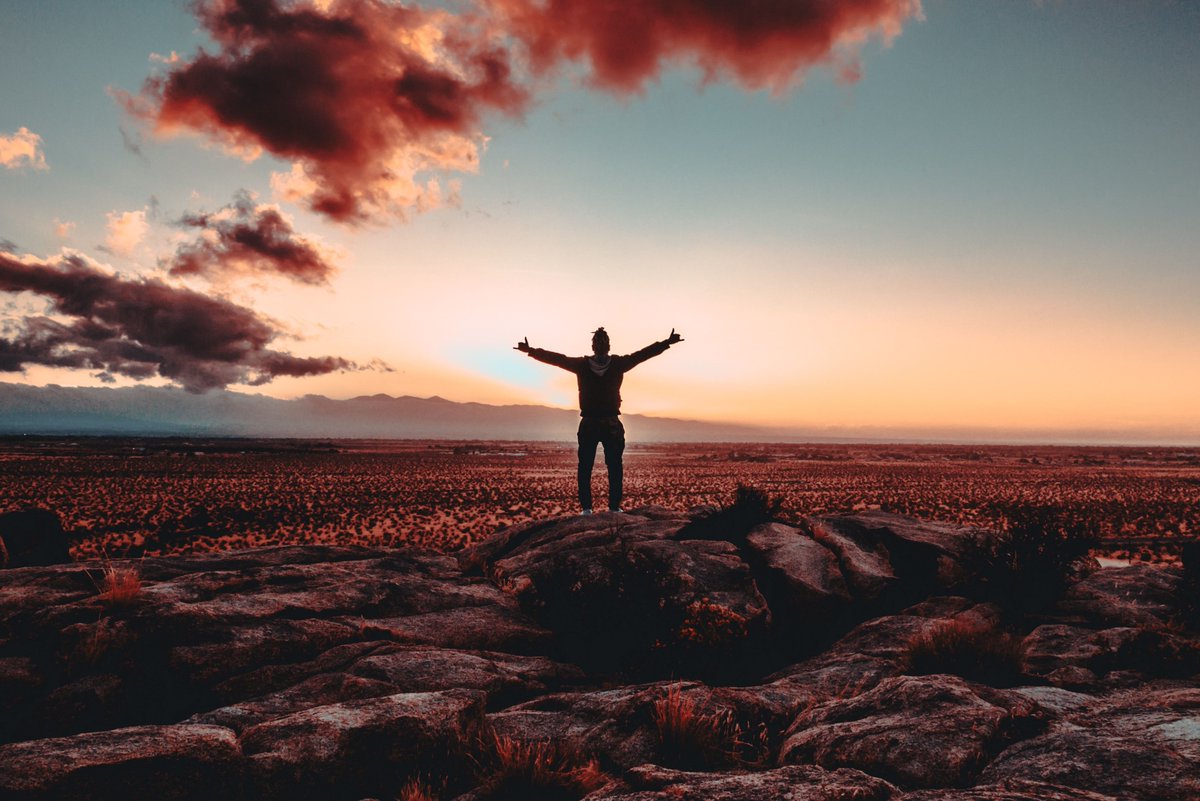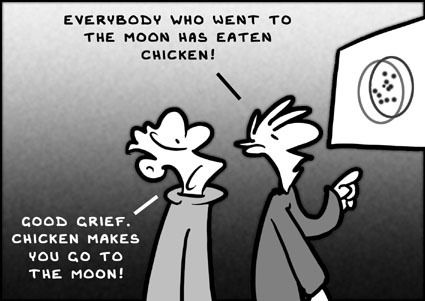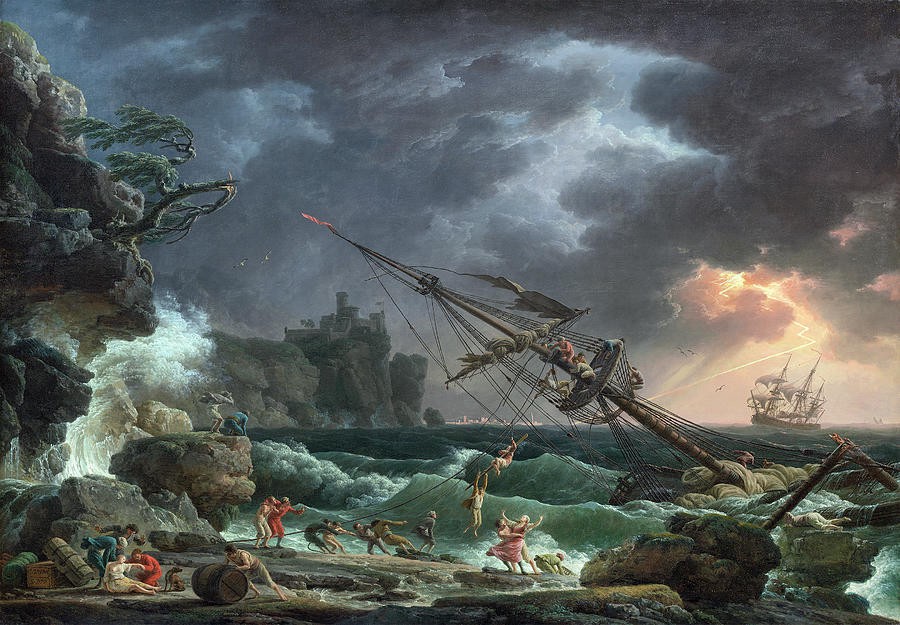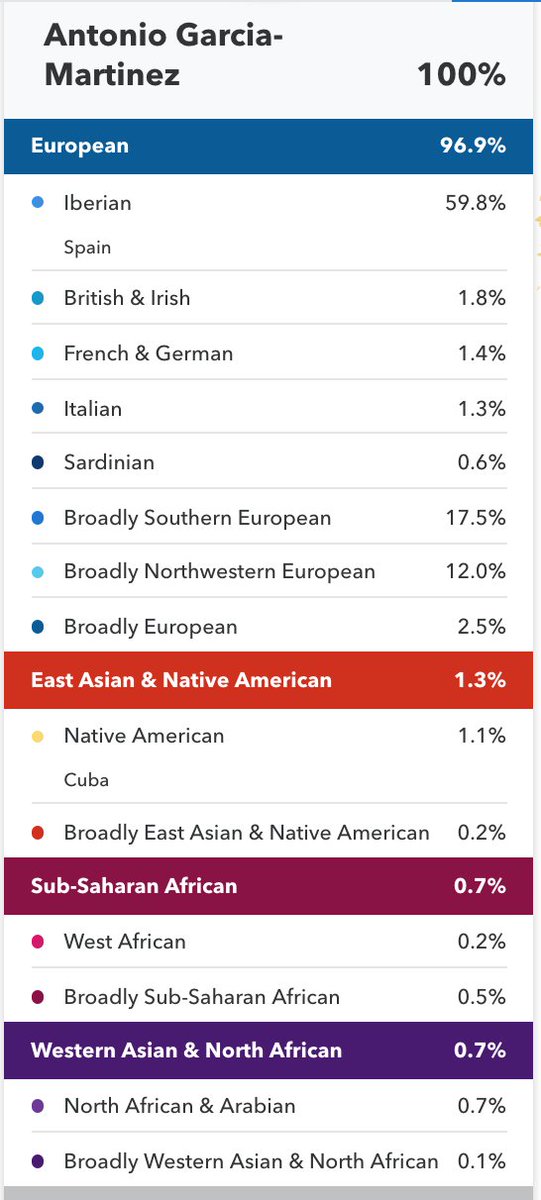Ika communities mostly comprise the following: Agbor, Owa, Umunede, Mbiri, Abavo, Orogodo, Otolokpo, Igbodo, Ute-Okpu, Ute-Ugbeje, Idumuesah, Akumazi, Ekpon (Edo State), Igbanke (Edo State), Inyelen Edo State).
Later today, I'll be tweeting on the origins and history of the Ika people of Anioma. Please turn on notifications if you're interested.
Ika communities mostly comprise the following: Agbor, Owa, Umunede, Mbiri, Abavo, Orogodo, Otolokpo, Igbodo, Ute-Okpu, Ute-Ugbeje, Idumuesah, Akumazi, Ekpon (Edo State), Igbanke (Edo State), Inyelen Edo State).
Other Ika communities found in Edo State are Owanikeke, Owa-Riuzo Idu and Igbogili.
The dialect of Ika people is Igboid group (Williamson, 1968). This according to him is because it has no noticeable difference from the general Igbo language spoken within the Anioma area only weak phonological and lexical difference separates..
ORIGIN
That the Ika people do not trace their ancestry to common origin is truism. The various clans that make up Ika have heterogeneous origins.
Agbor:
Agbor remains the largest of Ika communities with close geographical location to Benin City. Its constant wars with Benin are well-known.
“Agbor Nta formerly called Ominije is the cradle of civilization.
The history of Agbor like other communities is based on oral tradition. Popular oral account of the community therefore traces its origin to Ogunagbon,...
Oral tradition as well as documented history claims that the Dein Dynasty was founded by Ebonka who reigned as the kingdom’s first Dein (1270-1307). “Dein” is derived from “Dehin”, a word strongly attached to “Warrior”.
Past Deins of Agbor:
(i) Dein Ebonka (1270-1307),
(ii) Owuwu (1307-1333),
(iii) Akina (1333-1460),
(iv) Agho (1460-1518),
(v) Oguade (1518-1594),
(vi) Aisama (1594-1630),
(vii) Oseh (1630-1650),
(viii) Adigwe (1650-1740),
More from Olaudah Equiano®
More from For later read
Every single public defender. Every single day.
Bail arguments, motions, oral arguments, hearings. Judges don’t know, follow, or care about the law. Prosecutors are willing to take advantage of it. And mandatory minimums, withheld evidence, & pretrial detention coerces people to plead before trial. When theres a jury. A shot.
But defenders still fight. And still win. Most times wins aren’t “Justice.” It’s power of repetition of argument in front of same judges. Introducing those in power to the people they oppress. Not just a RAP sheet or words on a page. Defenders make it harder to be brutal & cruel.
I worked as a public defender at an office as well resourced as any in the country. Social workers, team of investigators, a reentry team, support staff, specialist attorneys in immigration, housing, education, family. Relatively low caseloads (80-100). And yet still injustice.
Most think that balancing the scales of justice means more funding for defenders. Thats part of it. Enough a attorneys to actually be at bail hearings. Wrap around services to be able to help people trapped in the system end up better off in their communities. Lower caseloads.
Raise your hand if you\u2019ve lost a case despite having the law, facts, quality lawyering, and justice on your side.
— Jon Feinberg (@JonFeinberg) February 13, 2021
Bail arguments, motions, oral arguments, hearings. Judges don’t know, follow, or care about the law. Prosecutors are willing to take advantage of it. And mandatory minimums, withheld evidence, & pretrial detention coerces people to plead before trial. When theres a jury. A shot.
But defenders still fight. And still win. Most times wins aren’t “Justice.” It’s power of repetition of argument in front of same judges. Introducing those in power to the people they oppress. Not just a RAP sheet or words on a page. Defenders make it harder to be brutal & cruel.
I worked as a public defender at an office as well resourced as any in the country. Social workers, team of investigators, a reentry team, support staff, specialist attorneys in immigration, housing, education, family. Relatively low caseloads (80-100). And yet still injustice.
Most think that balancing the scales of justice means more funding for defenders. Thats part of it. Enough a attorneys to actually be at bail hearings. Wrap around services to be able to help people trapped in the system end up better off in their communities. Lower caseloads.





















